Sam Williams’ Act II: COUNTRYSTAR is a bit of a misnomer, in the most beautiful and creative way. The record, the second of a three-part trilogy, is Williams’ way of embracing his legacy, while also being deliberate about coloring outside the lines of what people might expect from him. The grandson of Hank Williams, and the son of Hank Williams, Jr., the talented singer, songwriter, and performer includes his love of all different styles of music on all seven tracks on the project.
Videos by American Songwriter
“I am a man of many hats,” Williams tells American Songwriter. “I’m really excited about this project, because I think that evolution in my music just comes very naturally. It’s something I strive for, but it just feels natural to me for my style to change and my perspective to evolve over time. So I think my influences from outside of country music raise their head more on this project. My project last year, Act 1: Scarlet Lonesome, Act 2: COUNTRYSTAR, this summer, and then the end of the trilogy will kind of bring all of them together, and paint the world of Sam Williams, for anybody who doesn’t know it yet.”
When Williams released Act I: Scarlet Lonesome in June 2024, he had no idea that he was actually at the cusp of creating three records, with his voice and honest storytelling unifying them all.

“I was in the process of making one album,” Williams reveals. “I like for projects to be cohesive, and I’m all for being left of center. But I started to think that I could, thematically, make it make a lot more sense with three different sounds that I have. It tells a lot more of a story. And I miss projects, and not just singles. We all do it, and it’s the modern music industry. But I see Scarlet Lonesome as very romantic, and it’s dark. It’s mystical. Act II is more charismatic and is blatant and bold. And Act III, which will come out later on, is kind of a resolve into … a balance of the different sides of me. And the projects as a whole are me testing the limits of my confidence, my fear, my emotion, my reflection.”
If it seems like Williams is making bold and brave choices, it would be correct. The Nashville native worked hard at listening to his inner voice while simultaneously quieting the outside voices that might tell him he was pushing the boundaries too far. For Williams, the only boundaries are self-imposed and, fortunately, those can be moved.
“[I] definitely do it afraid,” Williams says. “I think that Act I specifically, but I think that the trilogy in its entirety revolves a lot around the idea of fear, and being afraid of your destiny, or not realizing it. Or afraid of your past. Afraid of losing love and not being able to hold on to it. It’s a little bit scary to seek out yourself and to find yourself. So I think that I felt that way probably from such a young age, just the uniqueness of my life. I knew that I was gay long before actually coming out. It just seemed kind of impossible, like, ‘Why this?’ I think I just do it afraid and figure it out along the way. There’s not so much a path to look at, but I think I try to be somebody who takes a little bit of inspiration from everything that I can. But I’m scared as hell all the time.”
The title track celebrates Williams’ musical styles and his embracing of his legacy while refusing to be defined by it. Written by Williams along with Nick Bailey, Marisa Maino, and Ryder Johnson, Williams uses the song to illustrate what, in his mind, his legendary grandfather might have to say in today’s day and age.
“I think things have to make sense for me,” Williams says. “Some things don’t make sense to me, and I just have to make it. I just started that way, and maybe I’ll kick it at some point, but it helps me really identify with it. I have to feel some connection to whatever song I’m writing. I think it just gives it a strong head. And I think COUNTRYSTAR at its face may seem just super glitzy and glam-y, and look at me. But for me, it kind of was a way to make sense of tying together the different parts of myself. So if my roots are from Alabama, south Alabama, where both of my grandparents on my paternal side are from, and I grew up in the era of the internet, and am openly queer, and I miss when Obama was president, what does that look like in today’s day and age? I think that older generations than me sometimes have a different idea of what Hank Williams in the modern day and age would look like. And who knows? He’s not here. But I think that COUNTRYSTAR was important for me to double down, that I’m going to tell people who I am, and not kind of bow to the suggestion of what’s appropriate.”
If COUNTRYSTAR is the title track, “No Problem,” the first single from the record, gives a glimpse of what Williams is capable of and the masterful way he can seamlessly blend sounds, genres, and styles. It also marks a bit of a diversion from the music Williams has made in the past. While he could have released it earlier, the songwriter was waiting for the right time and project to share “No Problem” with the world.
“It’s a banger,” Williams acknowledges. “It’s a different sound for me. ‘No Problem,’ I’ve actually had for quite a while. And I think in the process of making a project, you have your songs that mean the world to you, the songs that are hard to listen to, the ones that you want everyone to like. ’No Problem’ I’ve had, and was waiting for the right moment for it to come out. I think just in my career in general, sometimes I feel like I have a lot of message to say, and I think I’m doing that with this project in a different way than I have before. I think it’s really just about me being myself and taking ownership of that. Giving something to Nashville that isn’t everywhere right now. I feel like there’s so much unexplored territory for male artists in modern country music. And we all see that. “Sometimes it takes a little bit longer for the program to switch over and to update. But it’s about the love of music and the connection to it for me. I probably want to give up all the time, but I think there’s an undying need in me to express and be dramatic.”

With one of the most iconic last names in country music, Williams could have easily churned out country records, tapping into his family’s rich heritage, and enjoying a successful career playing the part of the next artist in the lineage of country music royalty. Fortunately, Williams is too bold and creative to follow what country music fans might have expected. Although his family would have likely supported any of his musical endeavors, it’s perhaps surprisingly at least partly because of his family name that he was able to create something like Act II: COUNTRYSTAR.
“I definitely could have leaned into the stereotype and the style and image and subject matter,” Williams concedes. “But I think that being born in my family, kind of as the last kid, my dad’s last kid, I felt so many different things inside of me that weren’t synonymous with what somebody would identify as classic country music, and then my dad’s fiery rebrand of it. I think that I just had a passion in me to be myself. To buck that suggestion, and to see what else there is. I think at first, my first record, I didn’t really know what I was doing, and I still don’t. None of us do. But I think there was a lot of pain. And that pain was from my life, and I felt like it was from all my ancestors’ lives. It was too much. I think that I found my writing, I found my voice in that. Finding the confidence in my story as it’s gone on has just kind of opened the door for what’s possible.”
As the son of a Country Music Hall of Fame member, Williams’ famous father gave him a lot of musical freedom. The welcome lack of expectation might surprise some, but to Williams is, refreshingly, all he knew.
“I don’t know what people think it was like, but my dad, I was the youngest child,” He says. “My dad was pretty old and rocked out by the time I came around. He doesn’t listen to music in the car. He’s a whistler. He doesn’t talk about music. He only talks about deer. Music was a past life, almost, besides going to play shows in the summer. Always just as a kid, too, when I did sing, I knew that my vocal was different than my older sisters and what you would hear from Hank Williams. There are elements in it. There’s a lot of emotion, but it was much more soulful and just the stuff that I grew up listening to. I want to be a country star; I guess I just want to be myself. I am pop, country, hip hop, progressive, and nodding to the past all at the same time.”
As for what’s next, Williams has a lighthearted look at what the final Act III might look like, and the inevitable strife he will go through to create the kind of music he wants to make. He also has his sights set on joining a big tour in the near future, one that aligns with his unique style of music.
“What’s next is probably pain and then pain and then eventually joy, and then eventually voila, the world gets to hear it,” he says with a laugh. “I’m not exactly sure what’s next for me. And I think that, sometimes, you have to bite the bullet, and that’s the whole point. But I’m excited to continue finding myself and my music. And finding my audience. I think that finding my audience is important for me. I kind of get predisposed to what people think it should be, or what my music should be. And I think it’s kind of chipping away against the machine of, I’m still here. I’m not going anywhere. I think every day I go in and write a song, it kind of reminds me of that. So hopefully what’s next is I’m going to be a big opener on a big ol’ tour next year.”

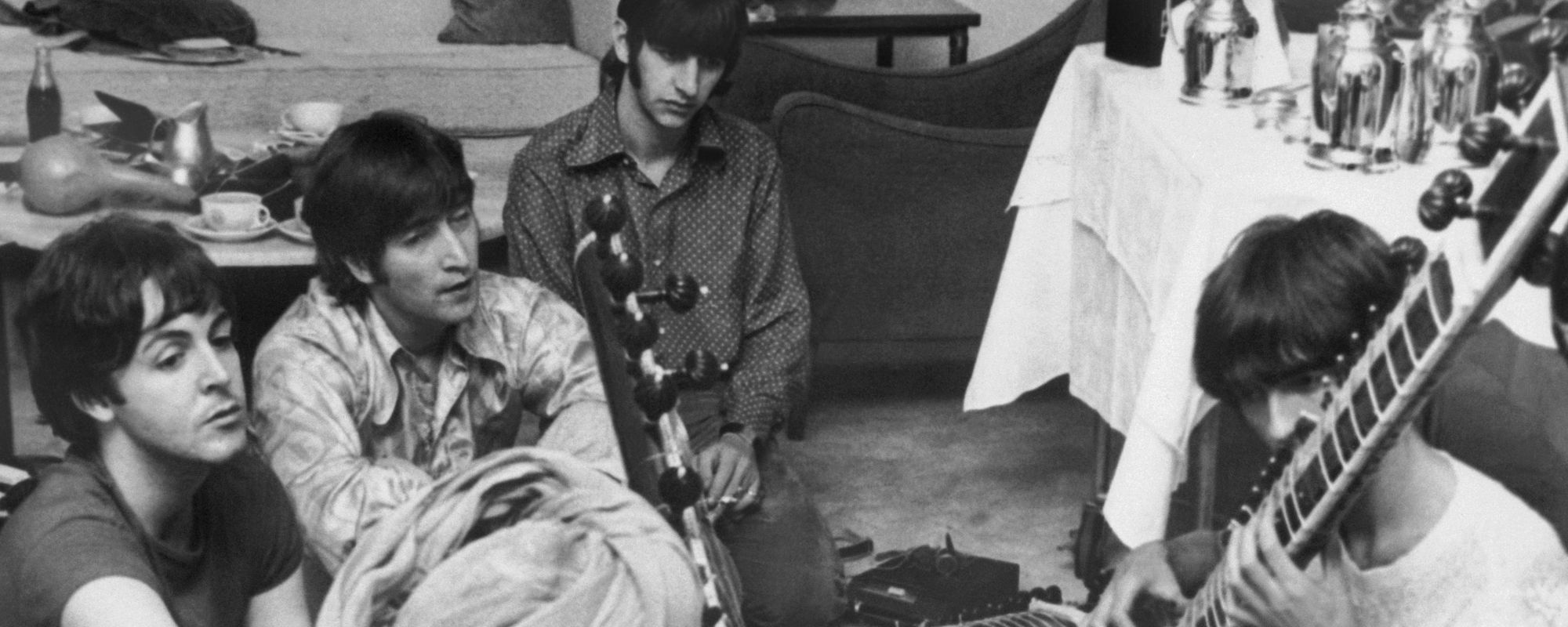
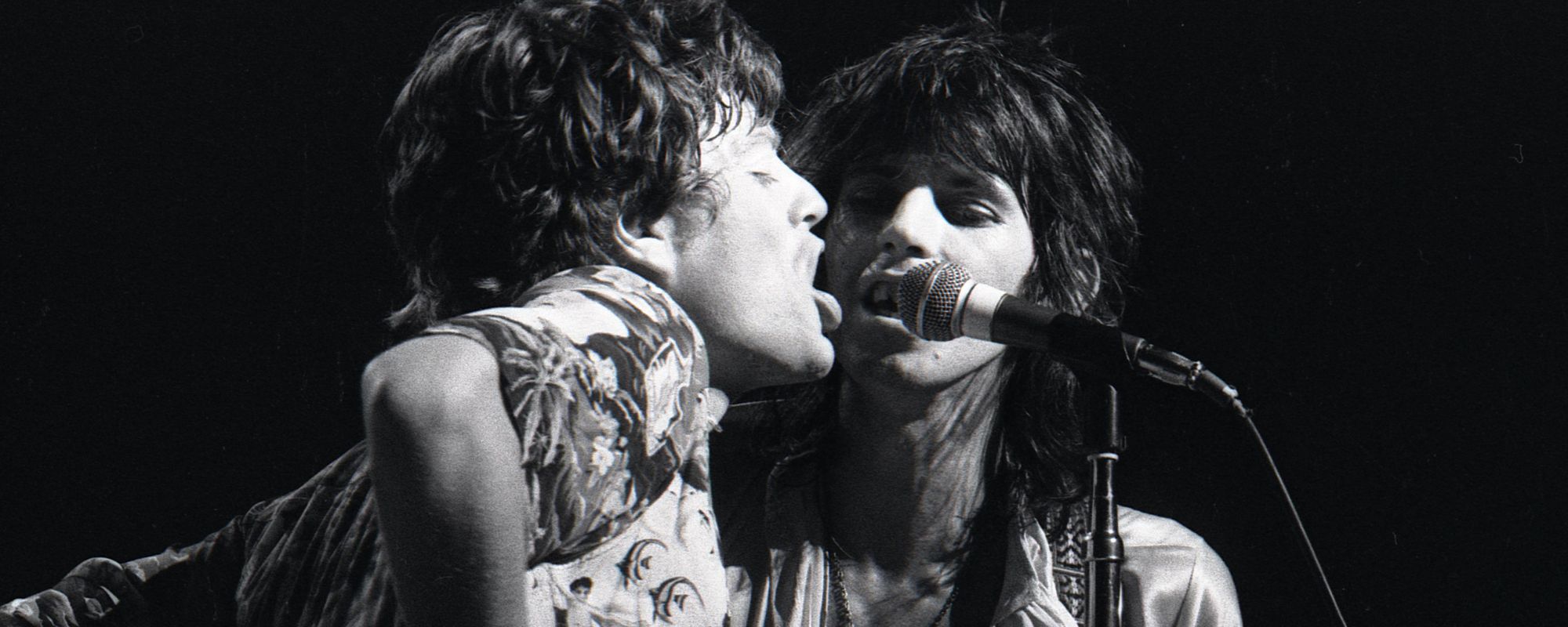



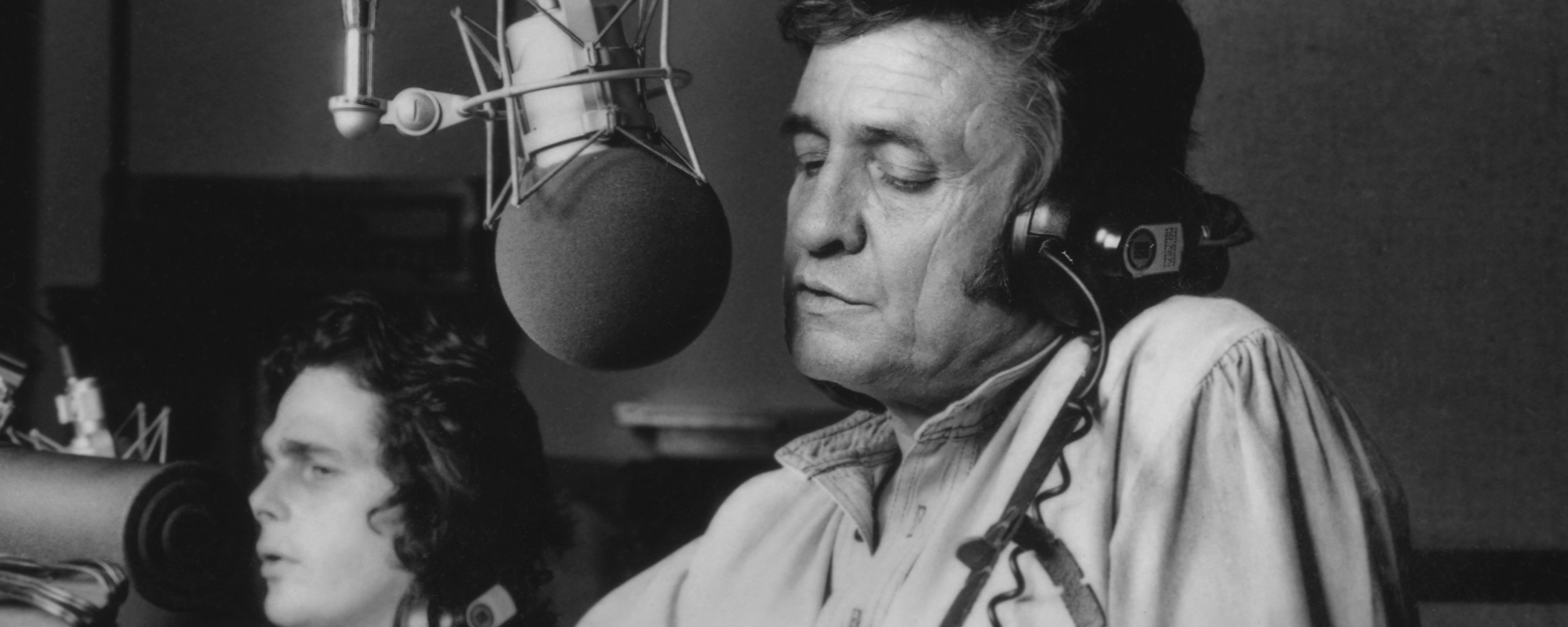

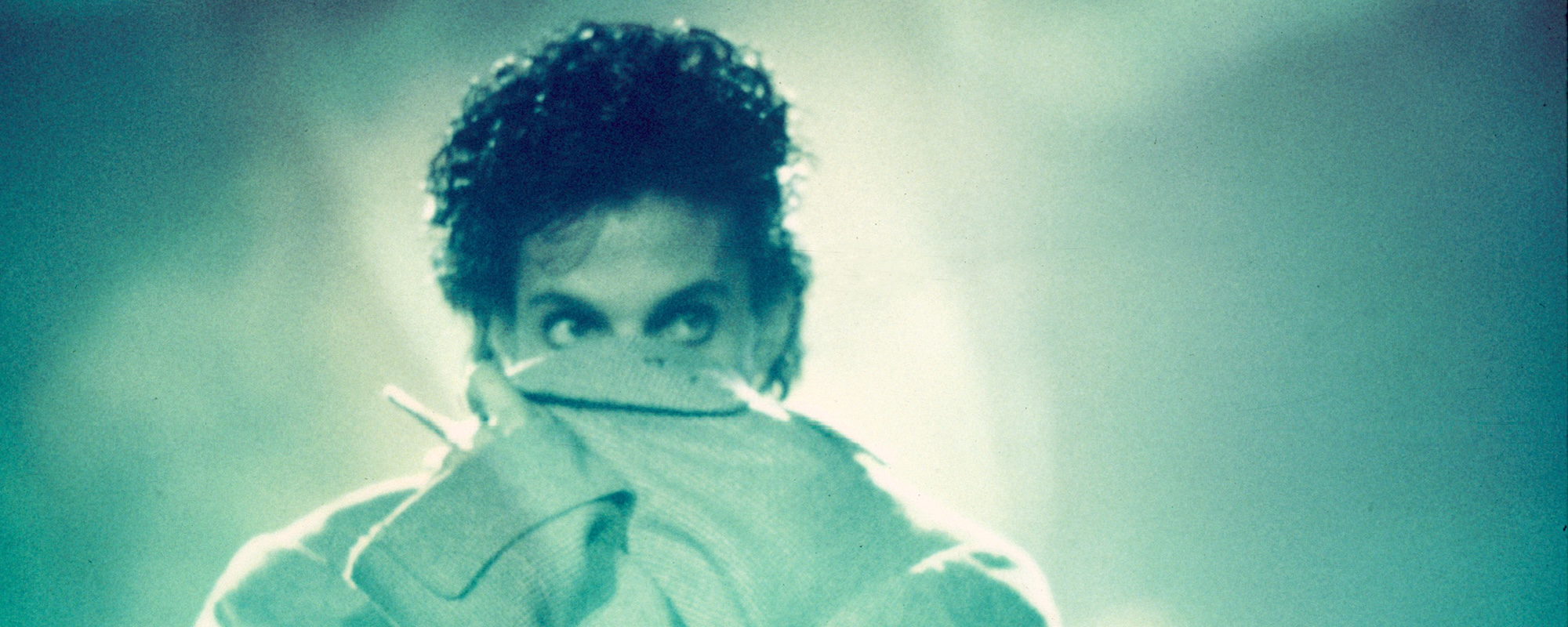
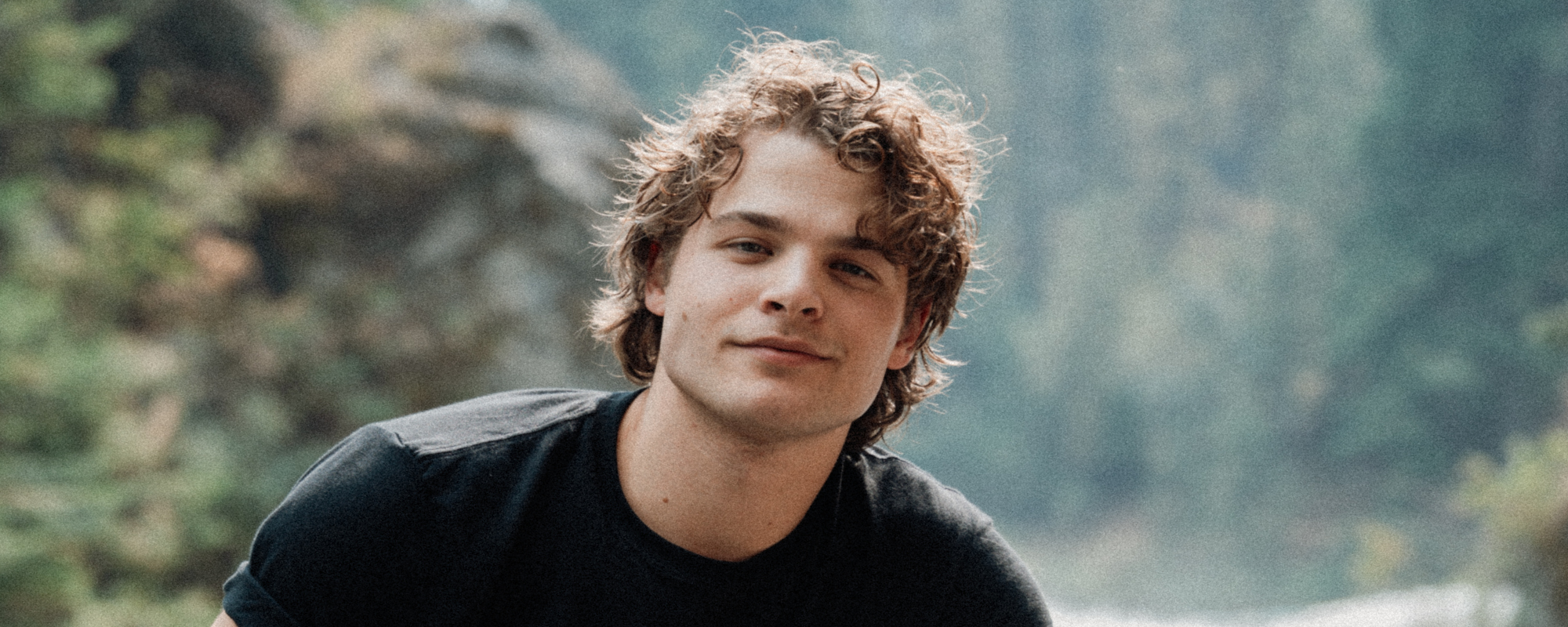



Leave a Reply
Only members can comment. Become a member. Already a member? Log in.